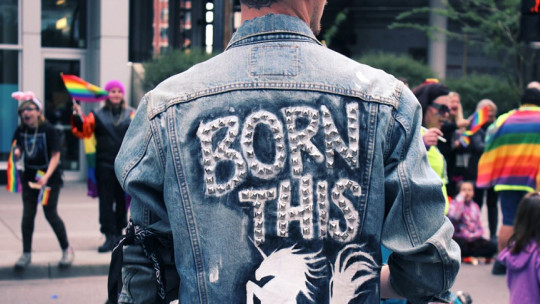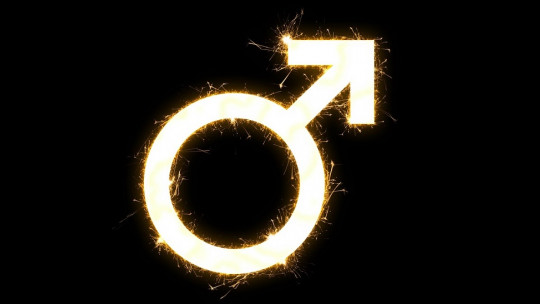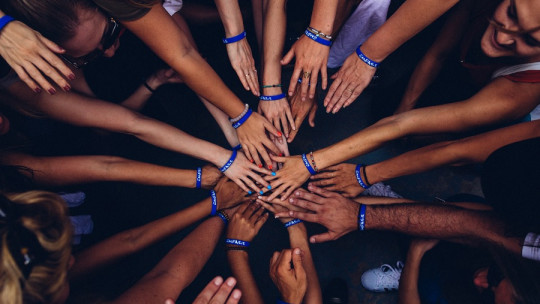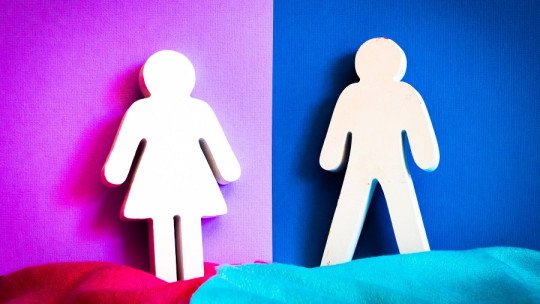
Have you ever heard the concept homophobia? Although a multitude of studies have been carried out since the 1970s with aspects that could be related, it is a topic that is only now beginning to be addressed. Possibly, this growing interest may be closely related to the greater awareness of social and gender inequalities.
This concept is probably totally new to you. Therefore, in this article we will explain what it is femephobia, how it manifests itself and in what situations we can find it or suffer it. In addition, we will also talk about the possible consequences and what is in our hands to prevent it.
What is femephobia?
The concept femephobia is defined as the rejection, devaluation and contempt for femininity from a cultural point of view. In addition, The devaluation of the impact that femininity suffers in the experiences of discrimination of sexual and gender minorities is included.
Although it may be evident to us that antifemininity has had, and has, great relevance in the execution and experiences of discrimination, there are very few scientific studies carried out to date that have focused their resources and research on demonstrating this impact.
How can we identify it? Characteristics
Since it is a concept that, unfortunately, is not widely known and recognized at a social level, it is really important to contribute to the expansion and awareness of the term and, above all, of the reality it implies. Below are some of the main characteristics that can help us with its identification.
Devaluation of femininity
Any aspect related to the feminine or femininity is considered inferior compared to the masculine. In this sense, both aesthetic and behavioral aspects can be included.
Ridiculation of femininity
In line with what was stated above, when femininity is considered inferior, it also becomes the object of ridicule, jokes, ridicule… This is intended to perpetuate the idea that the aspects surrounding femininity are less important, trivial and insubstantial.
Male law
It is considered that the male gender has a kind of right that gives them access to female spaces and bodies in all their expressions. Without a doubt, this means a serious social impact since it involves the perpetuation of the objectification, objectification and exploitation of femininity.
biological determinism
In the studies carried out, it has been observed that femephobia can be used as a tool to justify biological determinism. That is to say, it is deficient that femininity is something associated with the feminine and that it inherently carries with it weakness. It is used as a speech defending natural, biological, and gender differences.
Perpetuation of gender roles
Femephobia implies the need for constant observation and reinforcement of social norms, expectations and roles that have historically been associated with each gender. People with behavior that deviates from what is considered acceptable or expected can be seriously punished.
Impact on sexuality
The aim is to establish, through femephobia, a kind of regularization of sexuality. To do this, coercive and humiliating language is used. The ridicule of certain aspects related to female sexuality is encouraged and the victims are blamed instead of recognizing them as such.
Where can we find it or suffer it?
Unfortunately, we can suffer from femephobia in practically all areas of our daily lives. It is relatively easy to observe it on a social level, in our daily lives, if we analyze communication in the media, social networks, advertising.
It is true that, for many people, it can be really complex to identify this problematic situation because we must understand that femephobia is present since upbringing. Already at the beginning of development, gender roles are transmitted and the stereotypes associated with each of them are reinforced.
What does the scientific evidence provide?
Although, as mentioned above, there are few studies carried out to date, we do have some scientific evidence. Femephobia has been included as an object of study especially within the framework of the impact it may have on certain groups.
It is important to highlight that there is a part of society that, unfortunately, is highly affected by femephobia. We are talking about the LGBTQ+ community. There are several who point out that femephobia is one of the most powerful factors when it comes to predicting, in heterosexual men, behaviors classified as anti-gay.
In this sense, studies indicate that the perception or observation of certain behaviors considered feminine in men produces a high level of discomfort in participating heterosexual men, which drives them to engage in discriminatory behavior.
What consequences does it have?
Taking into account everything that has been explained so far, it is easy to deduce that femephobia can have serious impacts on the mental, emotional and even physical health of people who suffer from it.
In addition to all the mental health symptoms that may arise (anxiety disorders, mood disorders, self-esteem problems, etc.), other difficulties may also occur. On a social level, as stigmatization and isolation as a result of discrimination. This can, without a doubt, affect other areas such as work and academics.
How to prevent it?
The most important and basic step when we talk about prevention is awareness. If the importance is not given to the situation that it really has and its serious and devastating impact is appreciated, it is very difficult to prevent it. It is necessary for each person to start by observing what changes they can implement at an individual level.
Once the basis has been established, it is essential that, at a collective level, laws, regulations, policies and, in general, legislation are developed to protect people against discrimination. In this sense, the impact of organized groups that carry out activism, making visible and raising awareness about the problem, is fundamental.








